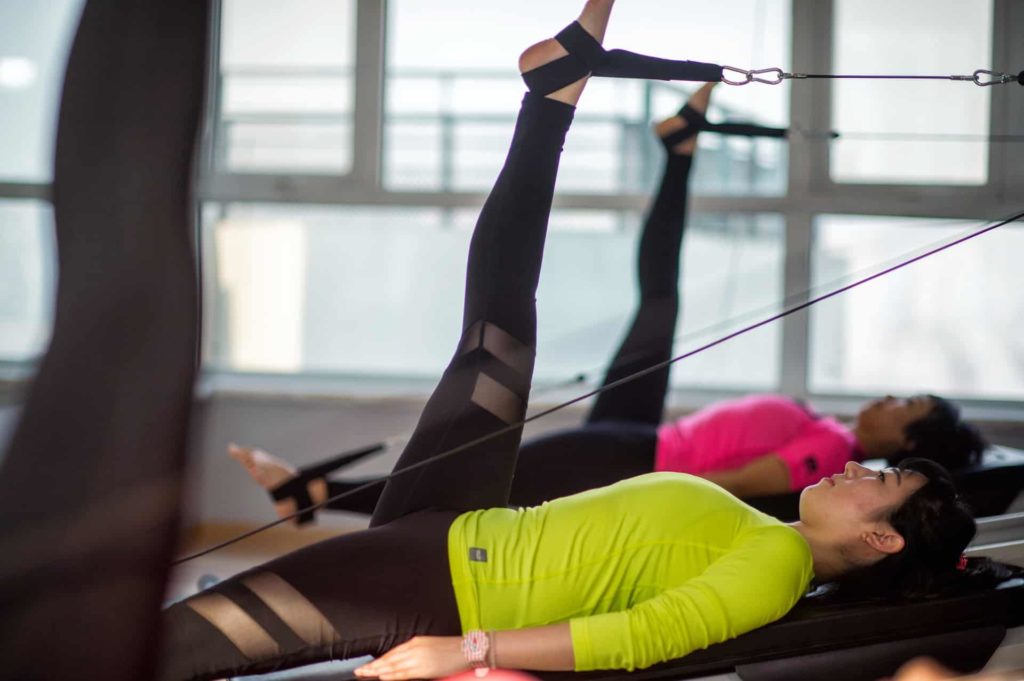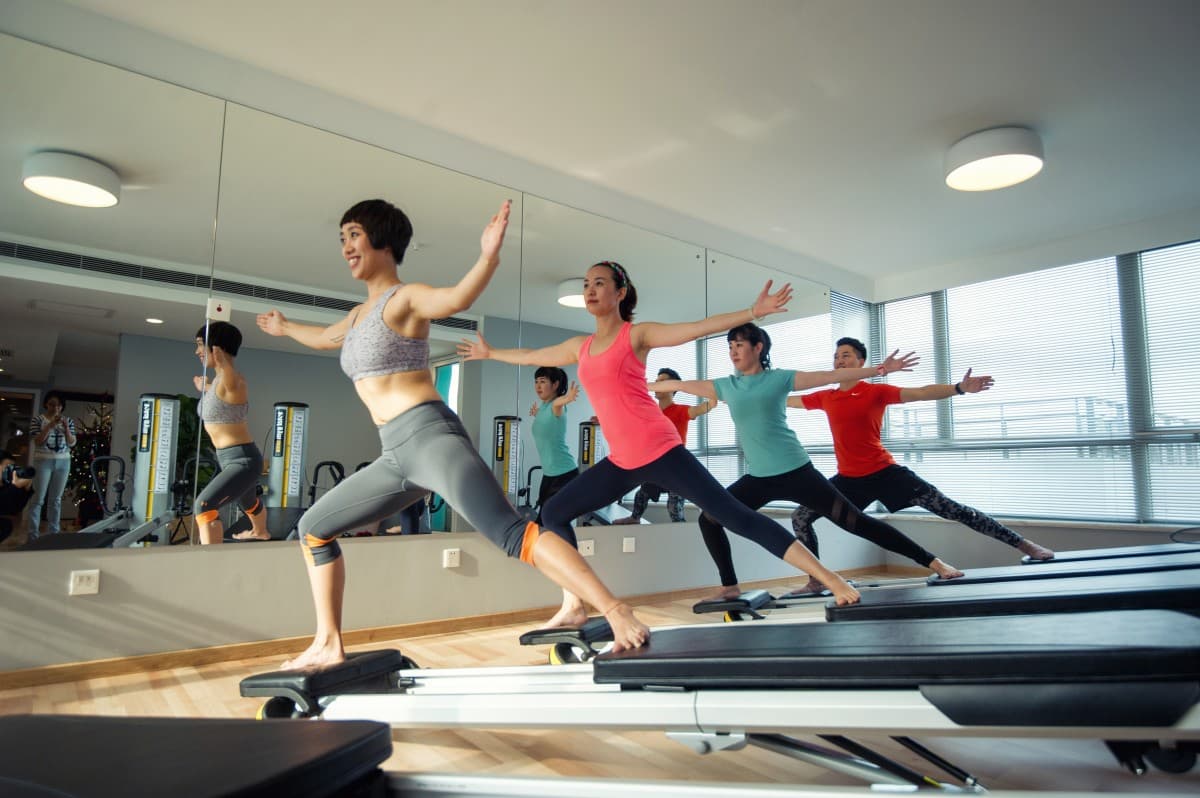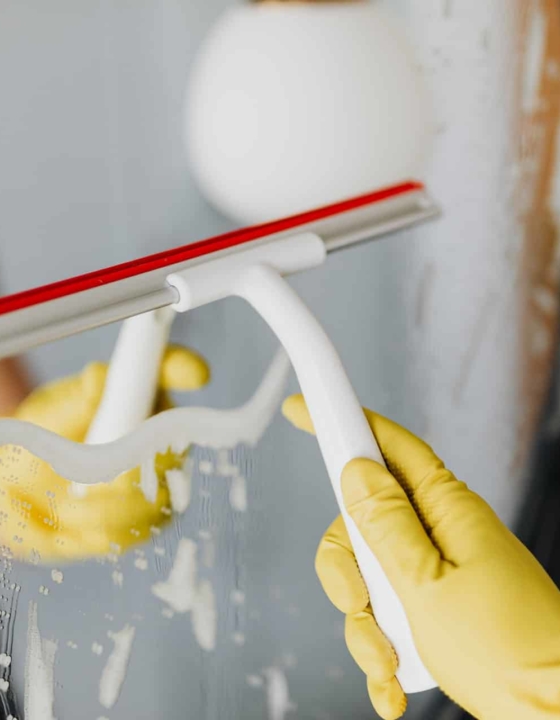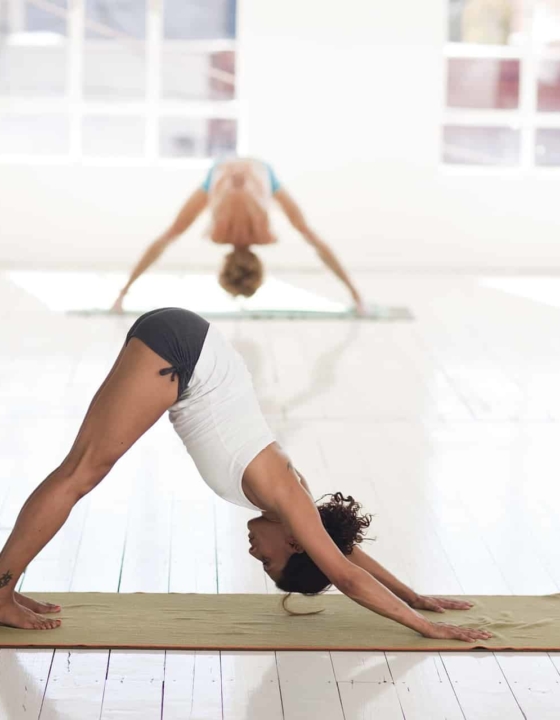Sometimes referred as a “yoga alternative”, Pilates is a fitness workout that allows for improved posture, endurance, strength, weight loss, and so much more.
Invented by the late Joseph Pilates, it has been around for nearly a century, with over 9 million people participating. Just like yoga, Pilates is an exercise that involves the mind and body. The exercise is not only limited to mats and is accompanied by various apparatus (springs, supports, and the like).
Pilates can strengthen your core and improve balance thanks to its controlled repetitive movements. To experience the full benefits of Pilates, you have to properly control your breathing while performing sophisticated movements.
Let’s explore some of the benefits.
The Benefits of Pilates

Helps Promote Proper Posture
In today’s world, more people are restricted to the seated position which affects their posture. Pilates helps improve your posture so you to stand properly for longer periods of time. It helps promote proper spinal alignment.
Enhances flexibility
People that practice Pilates have been known to increase their flexibility significantly. By doing Pilates regularly, it stretches and lengthens your muscles thanks to the range of motion from the exercises.
Improves Core Strength
Core strength is the primary source of endurance and stability when it comes to Pilates. Various Pilates exercises are designed to test your core strength and push you to your limits in a methodical way. Once your core strength becomes stronger and stable, you’ll reduce the strain on your neck, shoulder, and joints, enabling you to move freely.
Energy boost
While exercising will require you to use ample amounts of energy, it also releases endorphins which makes you feel good. Exercising increases blood flow and promotes proper breathing technique allowing for you to perform at your peak in other daily activities.
Relieves stress
Just like Yoga, Pilates involves meditation. The sophisticated movements involved in Pilates require concentration and result in have nothing else to think about other than the workout. This helps reduce stress and the workout helps detoxify the body and re-balance stress hormone levels. Joseph Pilates noted that the mind-body connection was one of the end goals of the methodology.
Improves cognitive skills
The exercise patterns involved in Pilates are noted as being “mindful movement.” Pilates is an involved fitness method and as a result it engages the brain and improves cognitive performance. In a study that compared traditional anaerobic exercise and mindful movement exercises, the subjects saw an overall improvement in cognitive function.
Improves lung capacity and circulation
Pilates exercises focus more on breathing, especially measured breathing. To achieve such, it is essential to keep your body oxygenated as a way to prevent muscle cramping. Over time your endurance and lung capacity for these exercises will increase.
Think of a deep sea diver that uses no breathing apparatus. Lung capacity isn’t really a heritable trait, but it can be trained through regular practice and exercise.
Promotes balanced muscular strength
Pilates exercises engage the whole body in a symmetrical way unlike traditional training that are limited to specific targeted muscle groups (often leading to muscle imbalances). With Pilates’ strict workouts, you’ll build equal levels of strength at a consistent rate.
An effective weight loss exercise
While the movements aren’t very intense, it can still aid in weight loss. Pilates helps improve the metabolism and help you to mindfully shed extra weight.
Manages Chronic Pain
Pilates is an effective back pain reliever and helps in reducing chronic inflammation in certain joints. Many people suffering from back pain will use Pilates as a way to prevent chronic pain. As we said before, it’s not an intense workout and relatively low impact. This is perfect for people who want to work out but can’t do high impact exercises.
Helps With Emotional Control
As we noted, Joseph Pilates said one of the end-goals was to create a better mind-body connection. Since Pilates is a mindful exercise form, you’ll learn how to properly control emotions like anger and sadness. You’ll be able to step back and think critically about how you respond to a situation and act accordingly.






















What do you think?